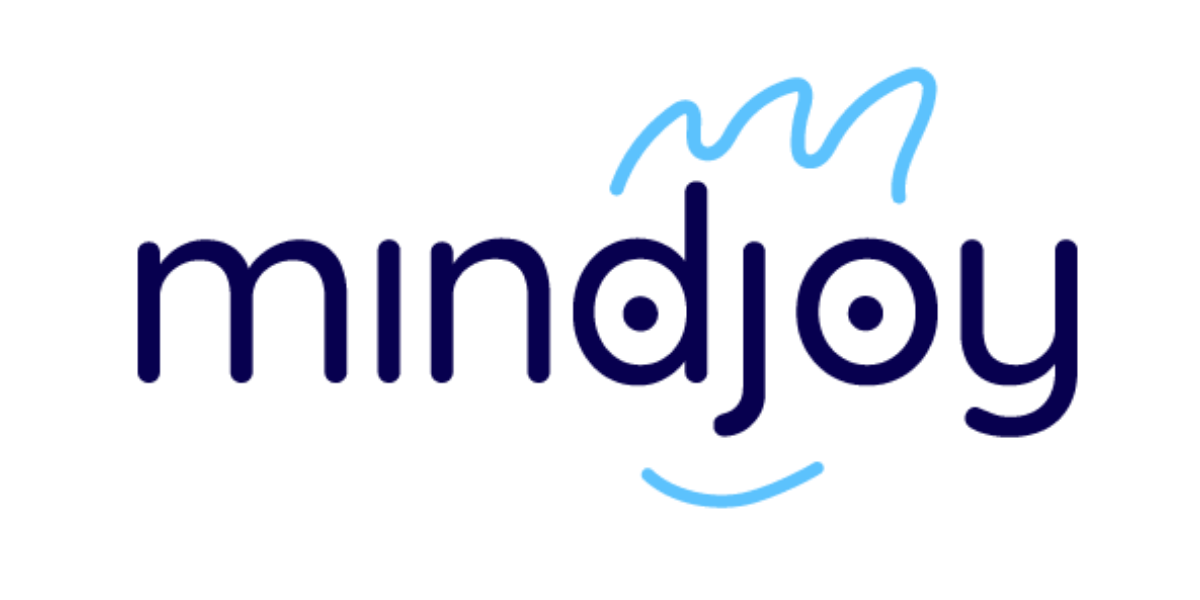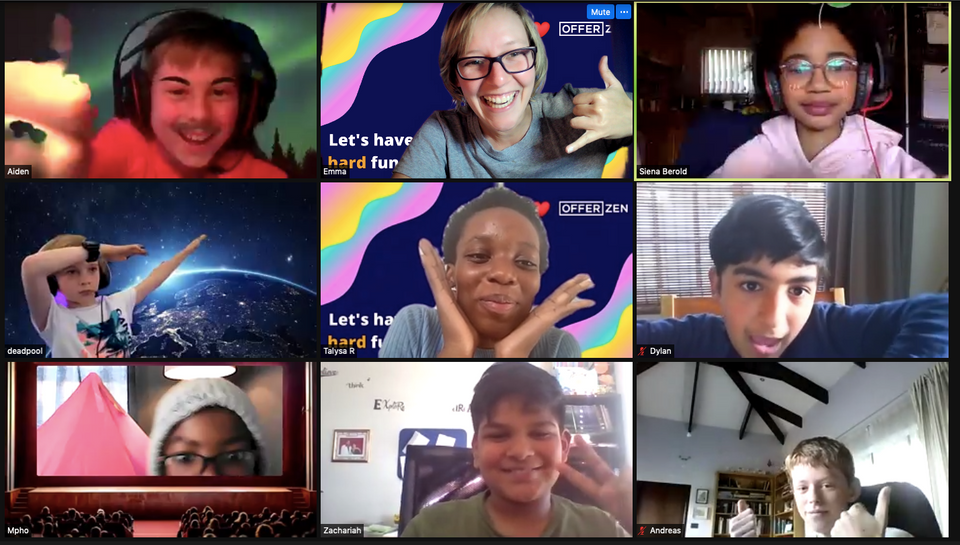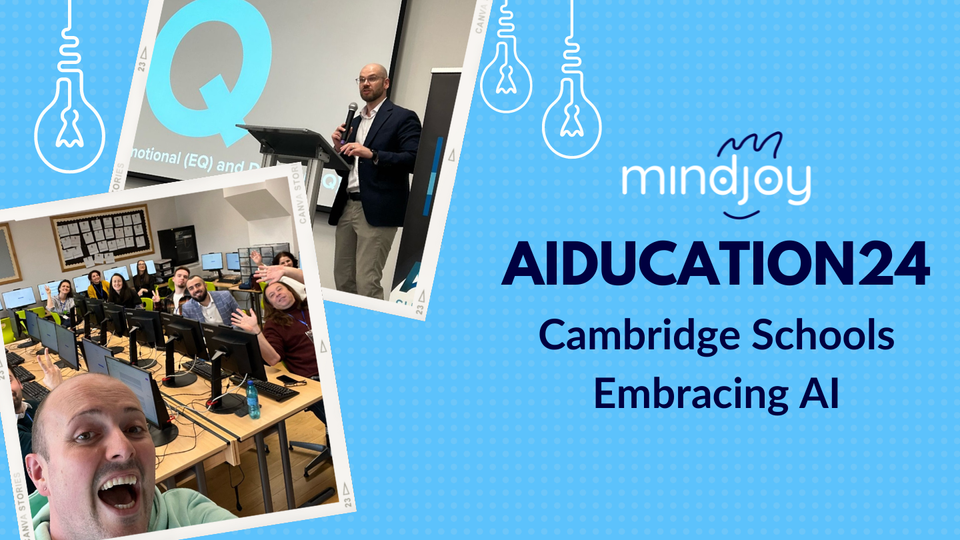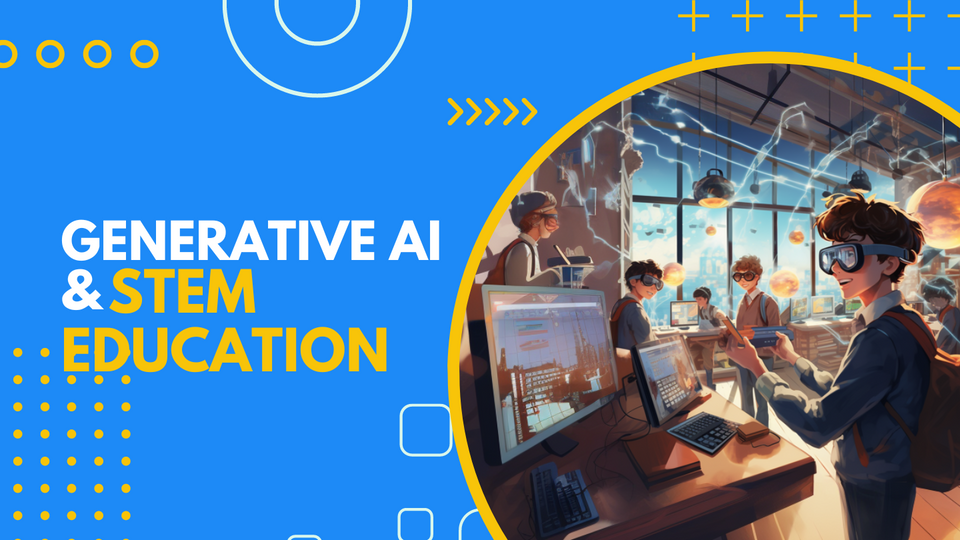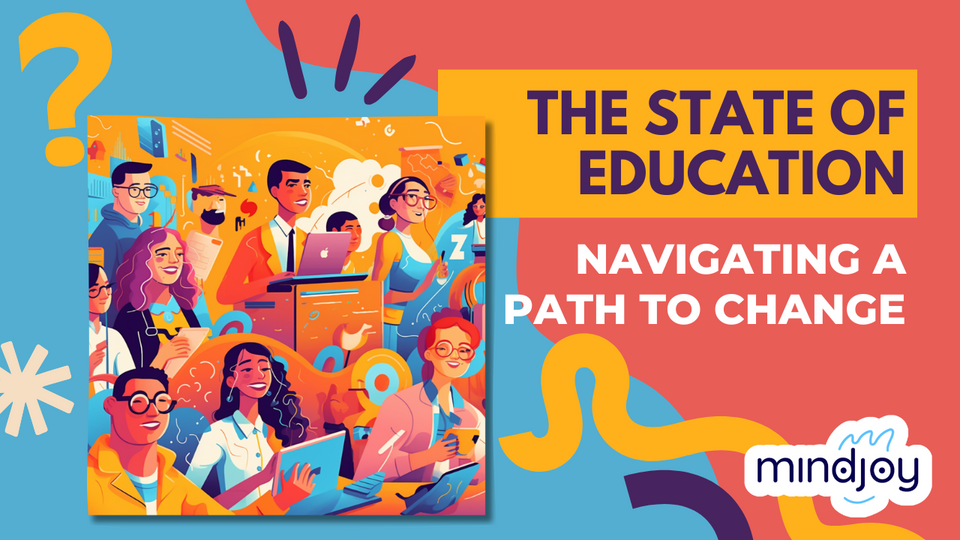If you’ve seen a 12-year-old build something in Minecraft while chatting to their friends on Discord, there is no doubt that they are digital natives. When it takes the average adult to learn a new platform, a 10-year-old’s first TikTok video has already gone viral. So how do we leverage their tech-fluency and innate curiosity to be the innovators of tomorrow? How do we make learning more engaging?
Mindjoy, an Edtech Startup based in Cape Town, South Africa, redefines education to inspire a lifelong love of learning by developing digital skills. Kids ages 8 to 12 work in small peer groups with hands-on coding projects on Replit (an online IDE) - unlocking the magic of learning a real programming language. Mindjoy coding projects are designed with awesome developers like Carel Van Wyk, co-founder of Luno, who is passionate about programming education. In addition, vetted coaches support kids in understanding and building knowledge through a mastery-based approach to learning; parents stay in the loop with regular updates on their kids’ progress.
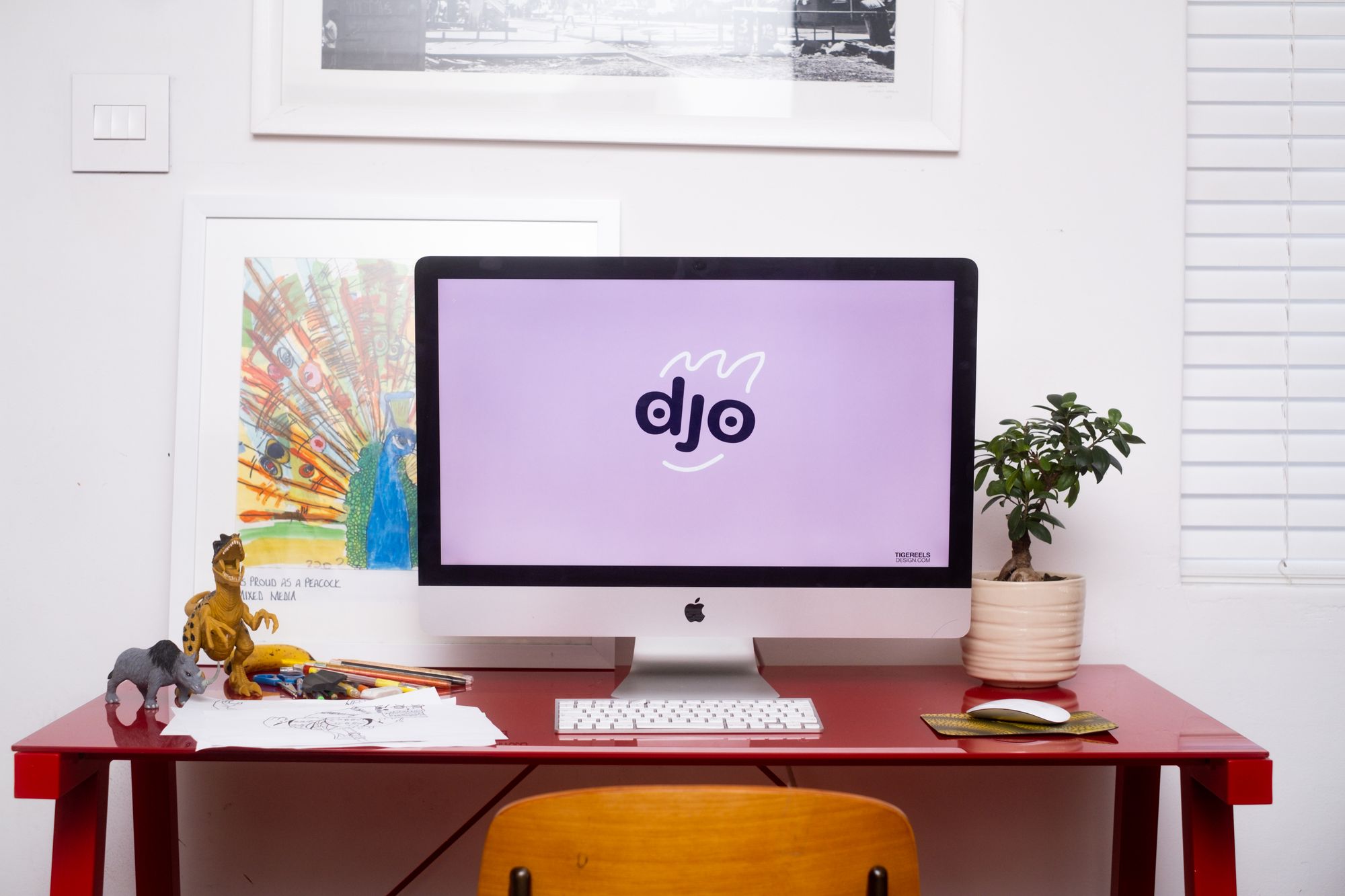
Mindjoy’s Story
Mindjoy’s Founder, Gabi Immelman, has worked with kids from all walks of life, from under-resourced communities such as Nyanga, a township outside Cape Town, to kids from resource-rich contexts in Palo Alto, California. Working in Silicon Valley allowed her to see how technology can transform the classroom and what the future of education might look like: kids learning asynchronously as digital natives in blended environments. Teachers used software-enabled, data-driven lessons that provided kids with real-time feedback. The most noteworthy transformation was the orientation to learning - kids were active participants, education was not something that happened to them. Instead, it was something they constructed and experienced socially.
Mindjoy is modelled on these insights, creating experiential learning, which they call “Hard Fun” - enjoyable learning because it is challenging rather than despite being hard. There are many ways to express this concept - some call it the Zone of Proximal Development; still, the challenge remains in creating learning experiences that kids connect with. In addition, these experiences also need to develop the knowledge and skills required for the future. Understanding how to develop motivation for learning allows us to engineer such processes, enabling kids to become lifelong learners (which Mindjoy believes is a superpower). Technology is the key to enhancing this.
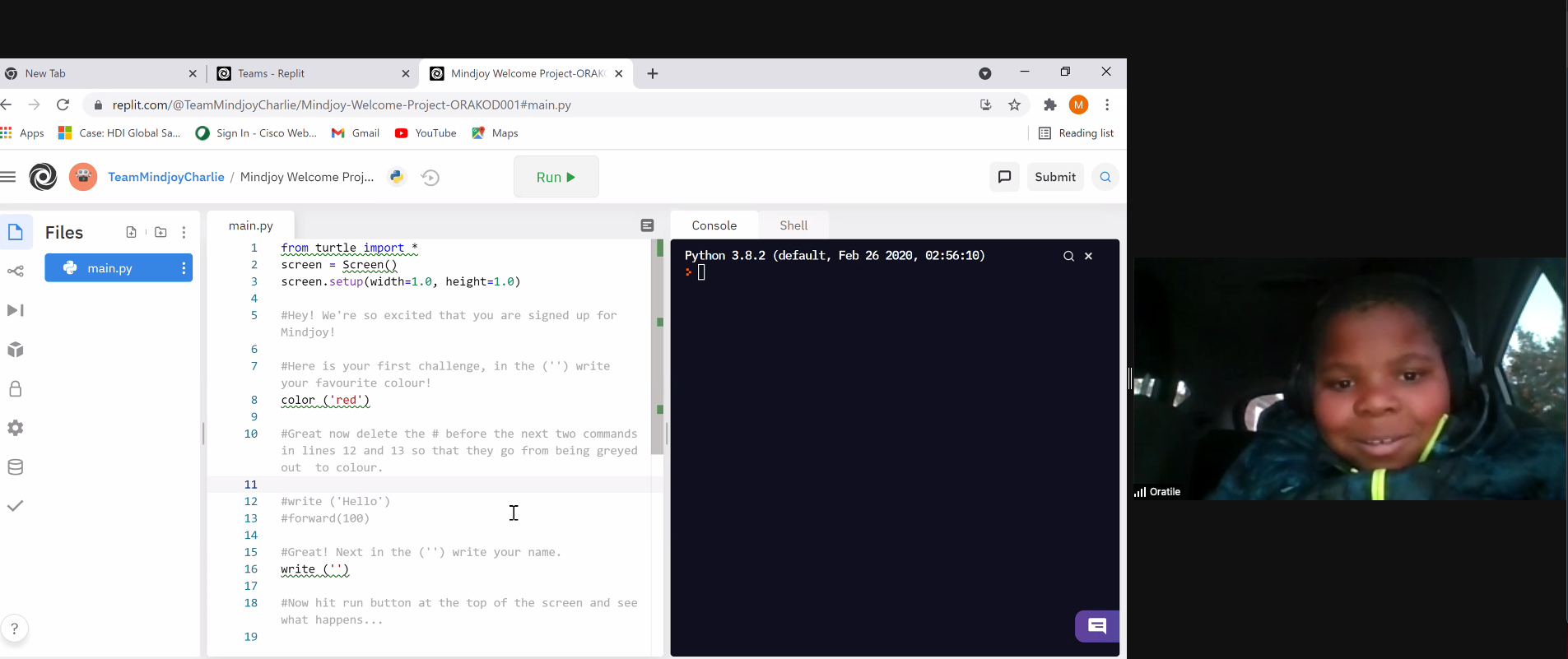
Coding For The Future
The future of work will demand vastly different skills from our kids. Being able to code is becoming a form of literacy. With the acceleration of automation, why not teach kids how to be active and constructive technology users? Teaching kids how to be technology fluent and build habits will help them be better prepared for a workforce that will be predominantly digital. Because coding is more like a craft, starting young and learning to master programming concepts only compounds your ability later as a developer.
Through Mindjoy, kids learn foundational coding concepts like debugging, variables and loops, while also developing computational thinking skills.
Computational thinking is not only beneficial to computer scientists - it develops kids’ ability to independently problem-solve (as well as improves maths and science… Bonus!). By nurturing this skill, kids build their executive functioning skills and learn to think logically, test boundaries and conceptualise innovative ideas. This helps them get ahead by building their resilience and agility (both of which are crucial to thriving in a fast-changing world).
Mindjoy exists for the curious kids, the ambitious kids, the kids who defy expectations - the kids who dare to do hard things and call it fun. They exist for the kids who learn by doing, for coaches who are committed to the ‘Aha!’ moments, and for those willing to re-imagine what education could be.
